This Hispanic Heritage Month, SDSN USA and We Are All Human Foundation co-hosted a research panel webinar with presentations from SDSN USA members on important Hispanic related research being done throughout the country. The event highlighted research on a range of topics across the SDGs, including localized delivery and tracking of the SDGs in cities, efforts to deliver the COVID-19 vaccine and other public health research to underserved communities, and internalized belonging for first-generation students.
Dr. Helen Bond, Associate Professor at Howard University and SDSN USA Co-chair, and Claudia Romo Edelam, Founder of We Are All Human, joined the webinar and gave opening remarks.
Dr. Bond provided context for the webinar, stating “Hispanic heritage is important. It's a part of American heritage, and it should be celebrated more than one month out of a year”. She shared data on the shifting demographics of the country and the growing multiracial population (a 276% increase over the last 10 years, according to the US Census). However, despite these shifts, she pointed out the lingering disparities in treatment and inclusion Hispanics face in the US, as illustrated in the SDSN USA Never More Urgent and In the Red reports.
Claudia Romo Edleman echoed the importance of recognizing this demographic shift, and shared her optimism in the increase in awareness and engagement around Hispanic Heritage Month, thanks in part to partnerships like the one between SDSN USA, We Are All Human, and The Hispanic Star. According to Claudia, efforts like these “allow for a community that felt voiceless for so long to get a voice and the community that has felt powerless for so long to get empowered.” Other events and activations for Hispanic Heritage Month 2021 can be found at the Hispanic Star website.
The panel featured three presentations from network members across the United States.
First, Dr. Gene Morse, SUNY Distinguished Professor at the University at Buffalo, State University of New York, and Dr. James Mohler, Chief of Inter-Institutional Academics and Professor of Oncology at Roswell Park Comprehensive Cancer Center, shared their research on COVID-19 throughout western New York using a regional “collaborative” model for community engagement in a presentation entitled “WNY COVID-19 Research Collaborative: Underserved Communities and Schools Vaccination Project”.
The second presentation, “Through Storytelling - What Pivotal Leaders Did in My First-Generation Experience to Foster an Internalized Sense of Belonging That Allows Me to Lead Toward Thriving,” shared the details of an ongoing research project by Lydia Perez, a PhD Candidate at Saybrook University. Using autoethnography, the project explores the researcher’s experience with a concept titled “internalized belonging” and how this concept has shaped her thriving as a Hispanic, first-generation student, professional and leader.
The last presentation, “Metabolism of Cities Living Lab: Localizing the SDGs by Strengthening Diversity and Deliberation in Climate Adaptation Planning in Southern California and the Baja California Mexico Region,” explored projects undertaken by the Metabolism of Cities Living Lab out of San Diego State University. Presentations from Dr. Gabriela Fernandez, Harmit Chima, and Yahya Shaker explored a range of focuses from COVID-19, to environment, to racial disparity in health outcomes.
A recording of the event is available to watch on Youtube. Additionally, the powerpoint presentations are available for a more detailed look at the research.

